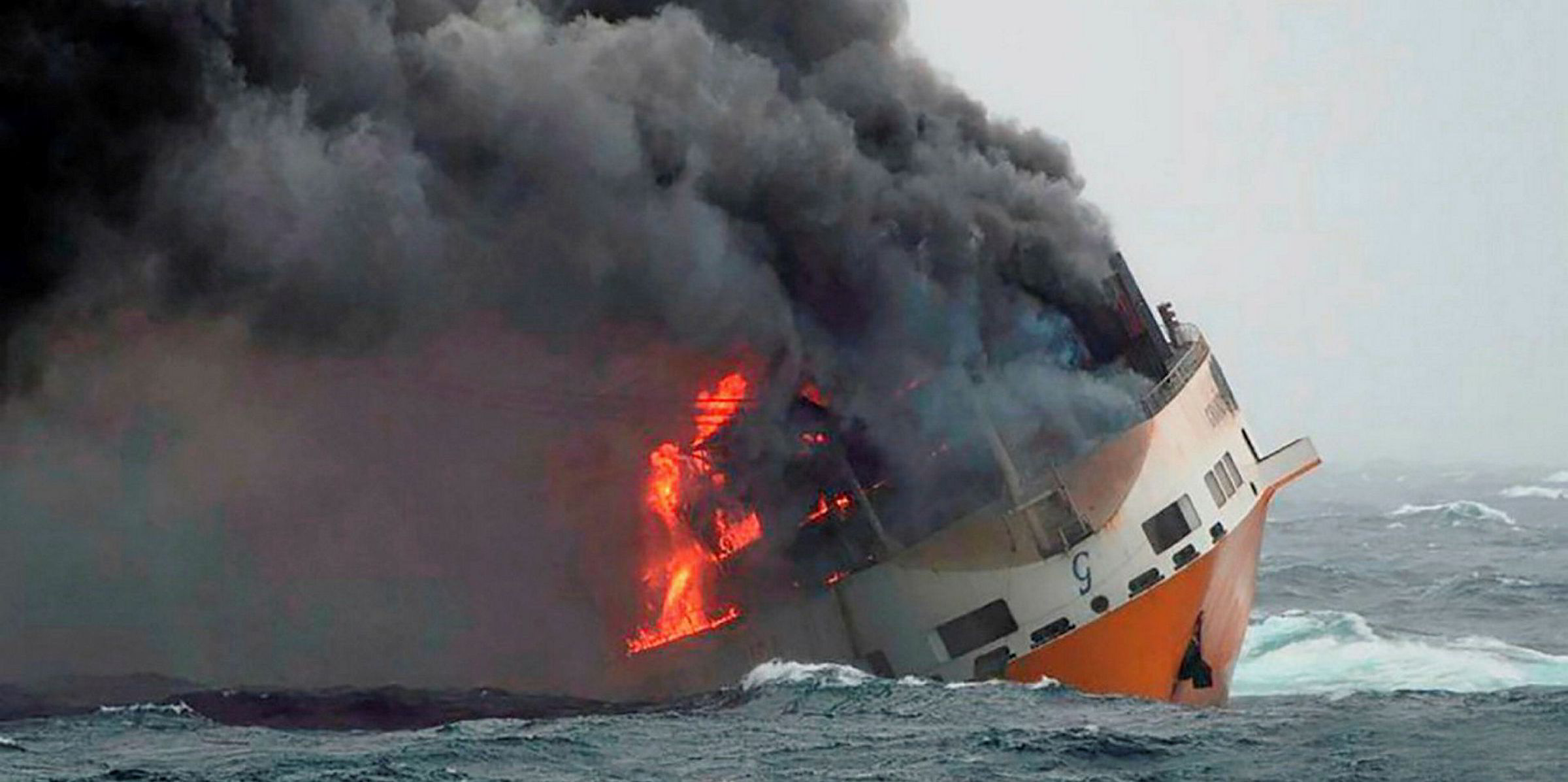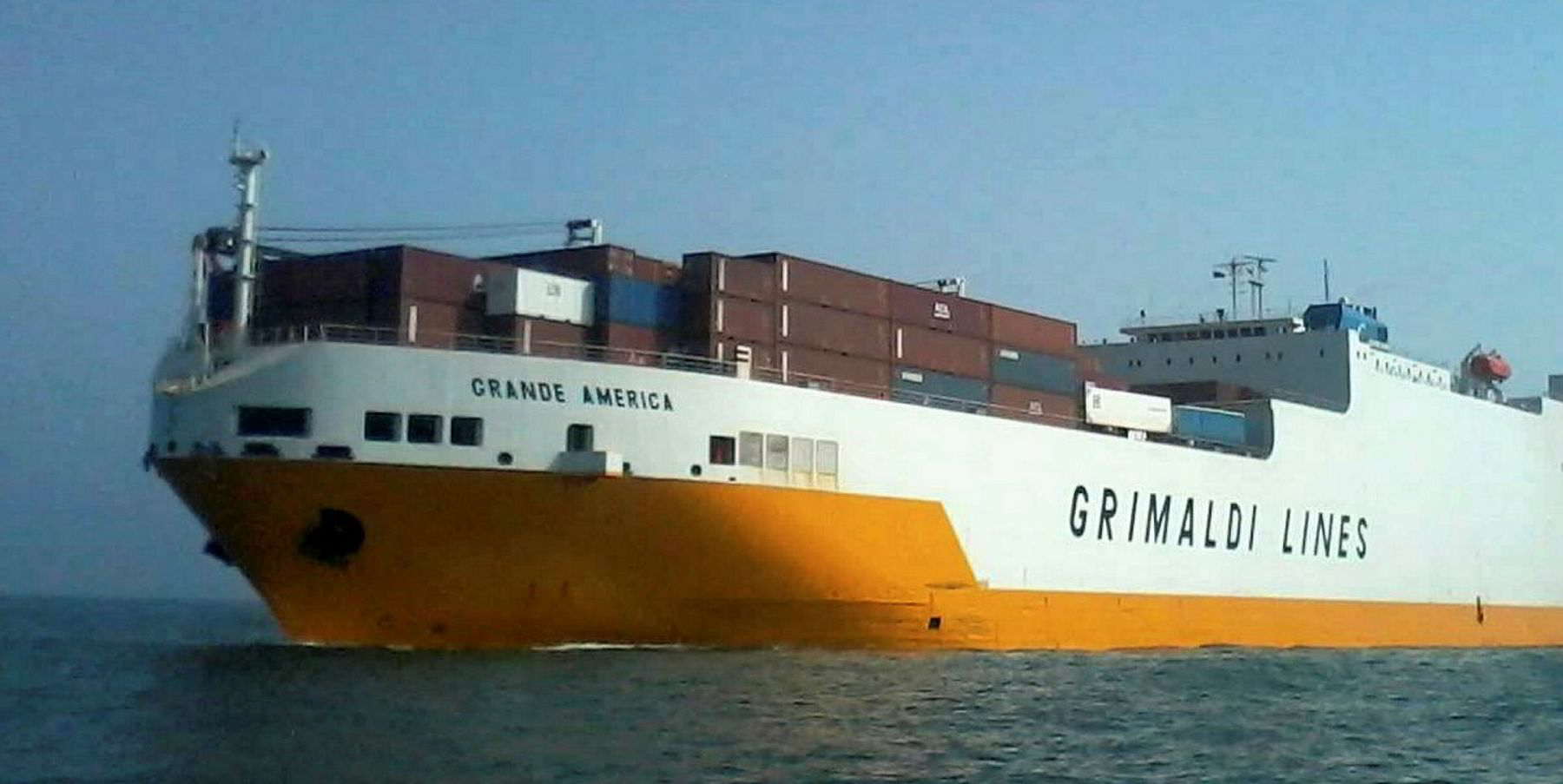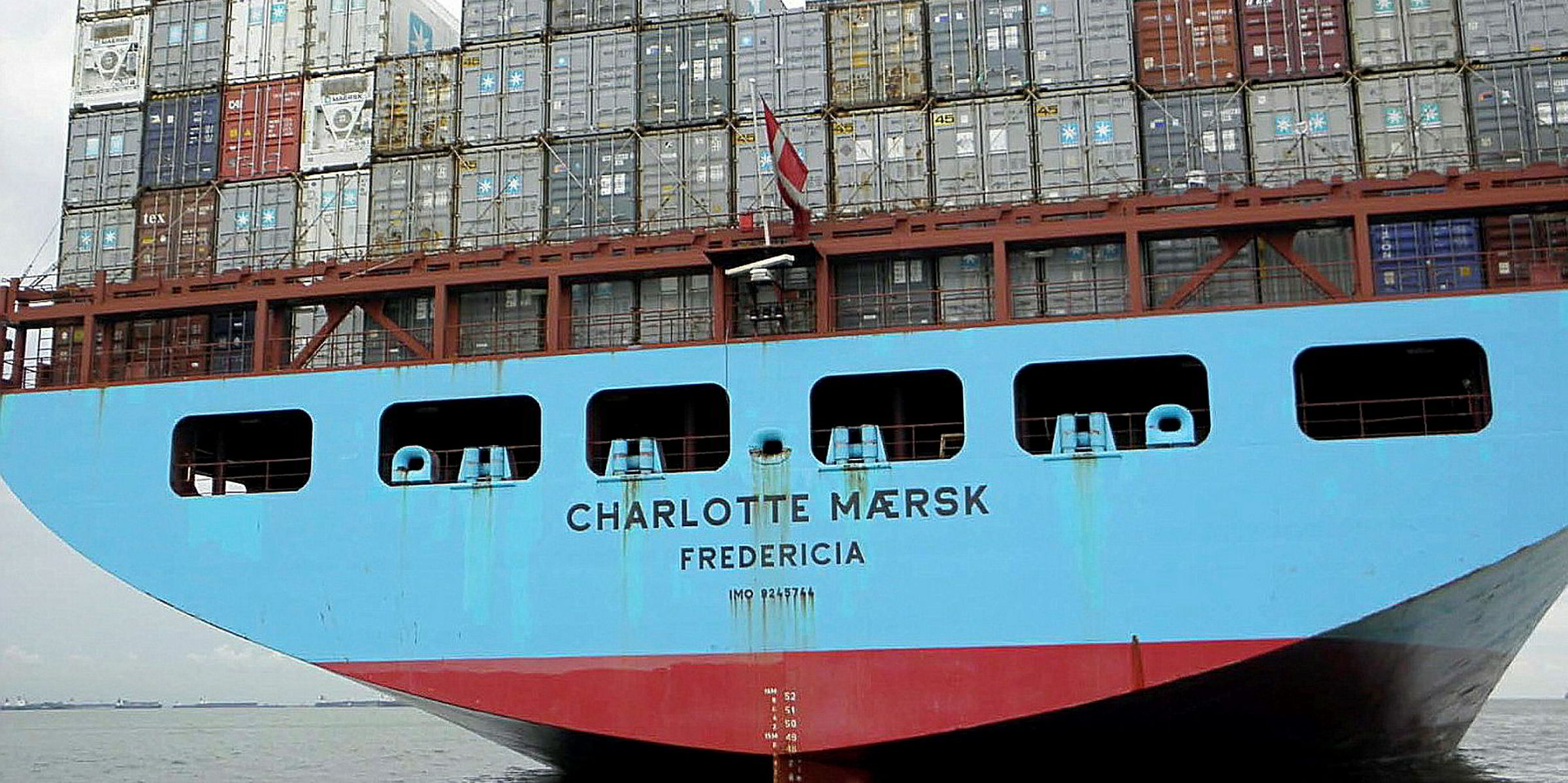A major container ship fire at sea occurs on average every 60 days, insurer TT Club claims with four such incidents already in 2019.
“The recent reports of container ship fires has once more focused those in the container supply chain on safety issues related to the incorrect processing of dangerous goods,” it says.
The recent fire aboard the Yantian Express, the ongoing investigation into the Maersk Honan fire and the recent container fire and subsequent sinking of the Grande America in the Bay of Biscay are currently making headline news.
But the TT Club argues that this is just the “tip of a failing safety iceberg”.
“These perilous incidents not only frequently cost lives, millions of dollars in cargo losses and ship damage, but also significant delays in cargo supply chains amounting to major disruption across numerous industries in these ‘just-in-time’ days,” it says.
The TT Club says its records indicate that across the intermodal spectrum as a whole, 66% of incidents related to cargo damage can be attributed to poor practice in the “overall packing process”.
It adds that this is not just in securing, but also in cargo identification, declaration, documentation and effective data transfer.
The calculated cost of these claims in the Marine Aviation & Transport (MAT) insurance sector is said to be in excess of $500m a year.
Peregrine Storrs-Fox, TT Club’s risk management director, says the insurer is endeavouring to focus on one particularly critical aspect of this, which is the correct declaration and handling of dangerous goods (DG).
“All types of cargo can be mishandled, however wrongly classified, labelled, packed or simply inaccurately identified dangerous commodities bring the greatest potential risk of disaster,” says Storrs-Fox.
He says estimating the degree of failure to comply with best practices in this regard is “not straightforward”.
Cargo handling operatives association ICHCA International estimates that 10% of the 60m of the packed containers moved each year are declared as DG.
Storrs-Fox says information from published government inspections suggests that 20% of these are poorly packed or incorrectly identified, translating into 1.3m potentially unstable DG containers traveling around the world each year.






